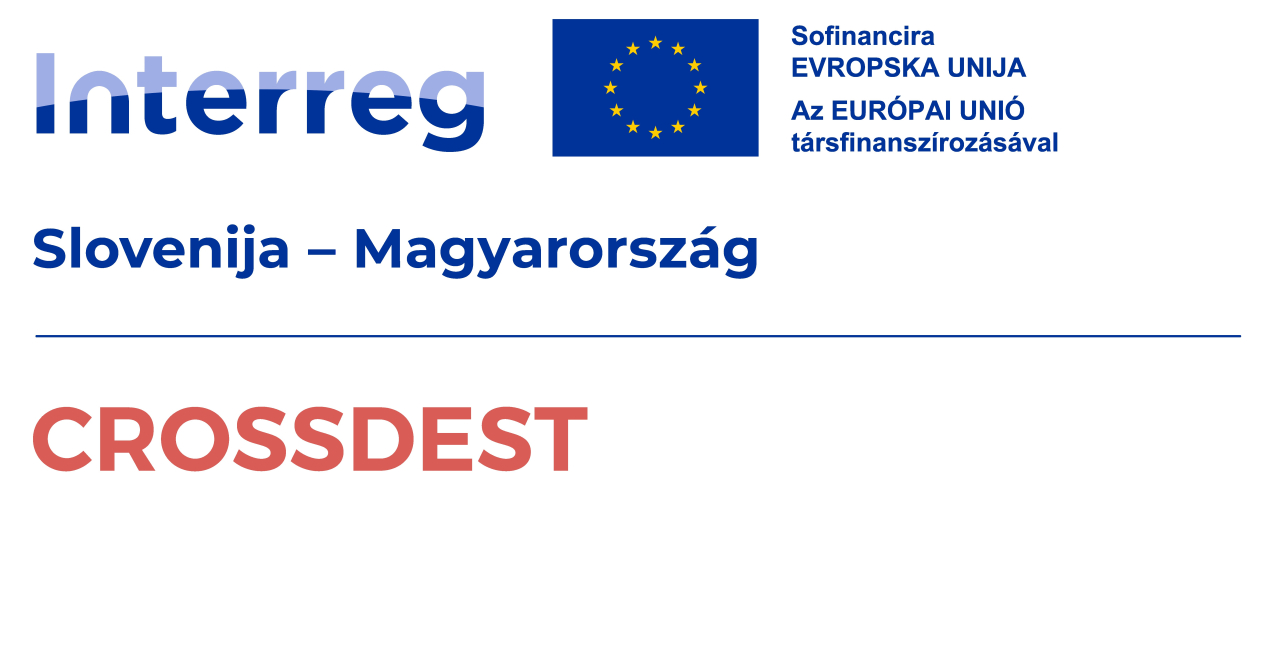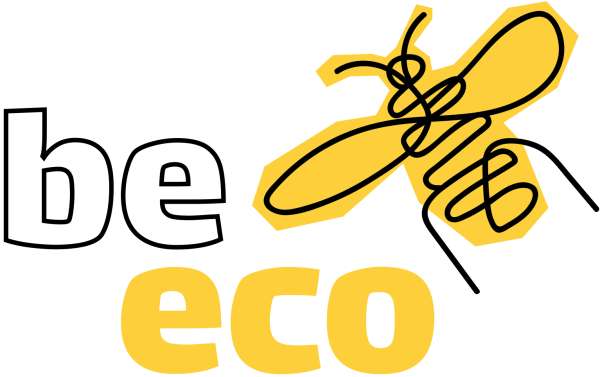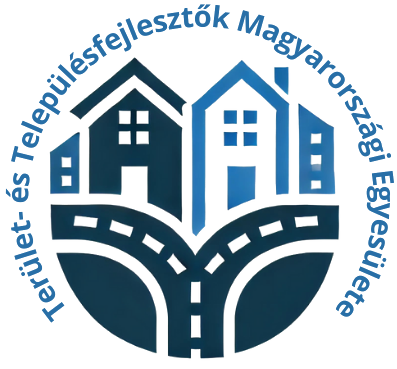Csíkszentkirály
Csíkszentkirály (in Romanian Sâncrăieni) is one of the largest Székely villages in Harghita County, located on the eastern edge of the Csík Basin, in close proximity to Miercurea Ciuc. The settlement is surrounded by forested hills and stream valleys, offering a peaceful, nature-filled environment that is still easily accessible. The village is particularly renowned for its mineral water springs – this is where the natural mineral water Hargita Gyöngye (Pearl of Harghita), one of the most recognised trademarks of the Székely Land, is bottled. The area also boasts several freely accessible mineral water springs, which locals have been using for generations for therapeutic drinking cures and which provide visitors with a unique experience. Csíkszentkirály is a community rich in Székely traditions and strong in identity. Religious life, traditional costumes, Székely gates, and celebrations remain an integral part of the village’s daily life. The Roman Catholic church and its accompanying Stations of the Cross hold not only spiritual but also architectural and communal significance. The village offers several guesthouses, inns, and farms selling local products, providing visitors with an authentic rural experience. The surrounding area is ideal for hiking, nature walks, and exploring the Harghita Mountains – with nearby ski slopes in winter and forest trails in summer offering relaxation and adventure. Csíkszentkirály is both tradition-preserving and open, tranquil yet easily accessible – an ideal destination for those wishing to gain a deeper understanding of the cultural and natural treasures of the Székely Land. - editorial content -
Getting there
- Walk
- Bike
- Electric bicycle
- Railway
- Bus (rented for the trip)
- Bus (rented for the trip)
- Motorcycle
- Car
- Electric car
Arrival
- Walk
- Horseback
- Bike
- Electric bicycle
- Bus (rented for the trip)
- Motorcycle
- Car
Public transport
- railway
- bus
Parking information
- Free outdoor parking available
Sustainability level
Topic 1: Destination Management 60%
- Visitor management: 100%
- Commitment and organization: 0%
- Design & development: 50%
- Monitoring and reporting: 50%
- Legal and ethical compliance: 100%
Topic 2: Nature and landscape 100%
- Nature and wildlife protection: 100%
- Nature and conservation: 100%
Topic 3: Environment and climate 33%
- Land use and pollution: 67%
- Water management: 40%
- Energy, sustainable mobility and climate change: 0%
- Adaptation to climate change: 0%
- Waste and recycling: 60%
Topic 4: Culture and traditions 88%
- Cultural heritage: 100%
- People and traditions: 75%
Topic 5: Social Welfare 48%
- Health and safety: 100%
- Local economy: 20%
- Socio-economic impacts: 0%
- Community participation: 50%
- Human dignity: 71%
Topic 6: Business and Communication 61%
- Business participation: 22%
- Information and marketing: 100%










